The Advocate: You're given a sack of a million dollars and you have to donate it. Where do you send it and why?

 Tyler Oakley: Clearly, I believe in the Trevor Project. But specifically, I believe in the Youth Advisory Council that they have. Every year I think they have 20 kids come out to L.A. And they're kind of beacons of hope throughout the country of youth doing amazing, powerful things in their own communities. But I would love to somehow expand that. So I think part of the money would go to that, just so it's an even bigger thing of getting more people involved. Because you live in L.A. or you live in San Francisco and it's kind of a bubble, you don't really see the people who are in small-town communities or in high schools and what they're actually going through. So to give those people more of a platform and more resources to do good in their own communities, and more people, because there's just 20 of them, that would be a really important thing to me.
Tyler Oakley: Clearly, I believe in the Trevor Project. But specifically, I believe in the Youth Advisory Council that they have. Every year I think they have 20 kids come out to L.A. And they're kind of beacons of hope throughout the country of youth doing amazing, powerful things in their own communities. But I would love to somehow expand that. So I think part of the money would go to that, just so it's an even bigger thing of getting more people involved. Because you live in L.A. or you live in San Francisco and it's kind of a bubble, you don't really see the people who are in small-town communities or in high schools and what they're actually going through. So to give those people more of a platform and more resources to do good in their own communities, and more people, because there's just 20 of them, that would be a really important thing to me.


 Zack Ford: I'd find a way to distribute it to teachers and schools in need. They work super-hard and can make a huge difference in kids' lives, but they are so poorly appreciated and compensated across this country.
Zack Ford: I'd find a way to distribute it to teachers and schools in need. They work super-hard and can make a huge difference in kids' lives, but they are so poorly appreciated and compensated across this country.



Heather Cronk: I'd give some to GetEqual, United We Dream, which is doing incredible work, Dream Defenders, and Freedom Side, and put the remainder into pit bull rescue. [She and her partner have a boxer-pit bull mix.]


 Richard Carlbom: I would spend half on finishing the fight for the freedom to marry nationwide and I would spend the other half providing meals and support to people with HIV and AIDS.
Richard Carlbom: I would spend half on finishing the fight for the freedom to marry nationwide and I would spend the other half providing meals and support to people with HIV and AIDS.


 JoCasta Zamarripa: I would certainly make donations to many of the most progressive elected officials I could think of [including Wisconsin's Tammy Baldwin, Mark Pocan, and Gwen Moore]. I'd give a big chunk to the Reproductive Justice Collective, which educates women of color on reproductive rights. And Planned Parenthood of Wisconsin.
JoCasta Zamarripa: I would certainly make donations to many of the most progressive elected officials I could think of [including Wisconsin's Tammy Baldwin, Mark Pocan, and Gwen Moore]. I'd give a big chunk to the Reproductive Justice Collective, which educates women of color on reproductive rights. And Planned Parenthood of Wisconsin.



Janet Mock: I'd send the money directly to low-income trans women without systematic, familial, or economic support who are yearning for resources to help them build a foundation for greater possibilities. We need to center and invest in these marginalized girls and women.


 Justin Simien: OxFam [and programs that fight] HIV and AIDS, particularly in Africa.
Justin Simien: OxFam [and programs that fight] HIV and AIDS, particularly in Africa.


 Lena Waithe: I would donate it to a school, probably in the inner city, and help pay for kids to go see classic films -- because for our children, it's important that they see great cinema, movies like Casablanca, Carmen, movies with Sammy Davis Jr. Nowadays they don't really get that. Seeing classic cinema and great film is what got me dreaming. It was a window into a world that I couldn't go to, because I didn't have money to do that.
Lena Waithe: I would donate it to a school, probably in the inner city, and help pay for kids to go see classic films -- because for our children, it's important that they see great cinema, movies like Casablanca, Carmen, movies with Sammy Davis Jr. Nowadays they don't really get that. Seeing classic cinema and great film is what got me dreaming. It was a window into a world that I couldn't go to, because I didn't have money to do that.


 B. Scott: I would use the money to set up a scholarship at my alma mater, the University of North Carolina at Chapel Hill, for LGBT and minority students.
B. Scott: I would use the money to set up a scholarship at my alma mater, the University of North Carolina at Chapel Hill, for LGBT and minority students.


 Calvin Stowell: I would love to give funding to [a project like] the CeCe McDonald documentary. It's so hard for them to raise money, because it's not "sexy." You talk about right for black trans women -- there's no one throwing money behind that right now. I would love to throw it at someone who is doing great things and telling great stories ... anything that could reach a broad audience.
Calvin Stowell: I would love to give funding to [a project like] the CeCe McDonald documentary. It's so hard for them to raise money, because it's not "sexy." You talk about right for black trans women -- there's no one throwing money behind that right now. I would love to throw it at someone who is doing great things and telling great stories ... anything that could reach a broad audience.


 Cameron Esposito: The answer to that is LGBT youth because I think that Dan Savage's It Gets Better Project made a great point, which is how often LGBT adults are disconnected from LGBT youth. There are so many kids that are in crisis, that are homeless, that need help. There are so many great organizations that do those things. So let's find those organizations. I don't have a million dollars, but there are probably readers who have a million dollars. Get out there and donate it.
Cameron Esposito: The answer to that is LGBT youth because I think that Dan Savage's It Gets Better Project made a great point, which is how often LGBT adults are disconnected from LGBT youth. There are so many kids that are in crisis, that are homeless, that need help. There are so many great organizations that do those things. So let's find those organizations. I don't have a million dollars, but there are probably readers who have a million dollars. Get out there and donate it.


 Jack Andraka: I would have to split it up several ways. I'd allocate half of it to go towards cancer-related research, particularly pancreatic cancer research because I'd like to see the field develop more and there's a lack of funding. Then I would send 25 percent of it to National Geographic, just because I think they're doing super amazing work. Then I'd have the rest go toward LGBT education.
Jack Andraka: I would have to split it up several ways. I'd allocate half of it to go towards cancer-related research, particularly pancreatic cancer research because I'd like to see the field develop more and there's a lack of funding. Then I would send 25 percent of it to National Geographic, just because I think they're doing super amazing work. Then I'd have the rest go toward LGBT education.


 Kate Fagan: I think I would give it to Pat Griffin [founding director of GLSEN's Changing the Game project and longtime LGBT sports advocate] and let her decide. She would do the right things with it. There are so many places to give money where there's politics involved, and you don't know what they're going to do with that money. I have faith Pat will know exactly who needs that money the most.
Kate Fagan: I think I would give it to Pat Griffin [founding director of GLSEN's Changing the Game project and longtime LGBT sports advocate] and let her decide. She would do the right things with it. There are so many places to give money where there's politics involved, and you don't know what they're going to do with that money. I have faith Pat will know exactly who needs that money the most.


 Carmen Carrera: I would want to invest in education. ... I would love ... to fund a project that would create educational programs for college students about trans people, the medical side of it, the psychology behind it, just to have a better understand either for trans people or people who work in the medical field. ... There aren't enough people focused on the medical side of transitioning and understanding what we go through in our head.
Carmen Carrera: I would want to invest in education. ... I would love ... to fund a project that would create educational programs for college students about trans people, the medical side of it, the psychology behind it, just to have a better understand either for trans people or people who work in the medical field. ... There aren't enough people focused on the medical side of transitioning and understanding what we go through in our head.


 Bria & Chrissy: Saving lives and the Trevor Project. ... It's a very similar audience that reaches out to Trevor that reaches out to us. They're the place that we've turned to the most with our audience and the people that we encourage our audience to turn to. So that's the place where we would want to give back to the most.
Bria & Chrissy: Saving lives and the Trevor Project. ... It's a very similar audience that reaches out to Trevor that reaches out to us. They're the place that we've turned to the most with our audience and the people that we encourage our audience to turn to. So that's the place where we would want to give back to the most.


 RJ & Will: We would divvy it up between the Trevor Project, the Matthew Shepherd Foundation, and It Gets Better.
RJ & Will: We would divvy it up between the Trevor Project, the Matthew Shepherd Foundation, and It Gets Better.


 Kimberley McLeod: Youth. I think our young people deserve a seat at the table with these decisions in just crafting what the "LGBT agenda" looks like. There's the Black Youth Project. As far as them shaping the national conversations -- not just around racial justice, but also intersectionality and LGBT equality -- they're just so brilliant. They're working to make sure they empower our youth, and getting them access to the decision-makers and encouraging them to seek places of power.
Kimberley McLeod: Youth. I think our young people deserve a seat at the table with these decisions in just crafting what the "LGBT agenda" looks like. There's the Black Youth Project. As far as them shaping the national conversations -- not just around racial justice, but also intersectionality and LGBT equality -- they're just so brilliant. They're working to make sure they empower our youth, and getting them access to the decision-makers and encouraging them to seek places of power.


 Erica Anderson: National Center for Lesbian Rights and a group of nonprofits that give kids who identify as LGBT opportunities to build confidence and community.
Erica Anderson: National Center for Lesbian Rights and a group of nonprofits that give kids who identify as LGBT opportunities to build confidence and community.


 Jeremy Hooper: I really only have two addictions at this point in life: coffee and public radio. Starbucks doesn't seem to need the cash, so I'll have to give it to WNYC.
Jeremy Hooper: I really only have two addictions at this point in life: coffee and public radio. Starbucks doesn't seem to need the cash, so I'll have to give it to WNYC.



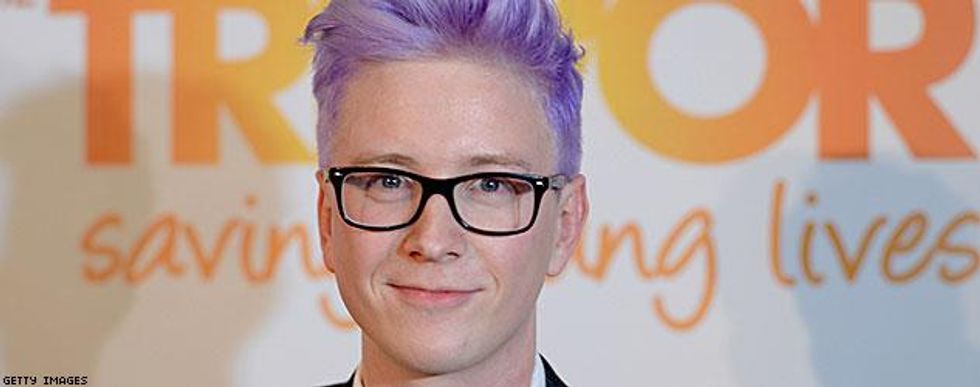
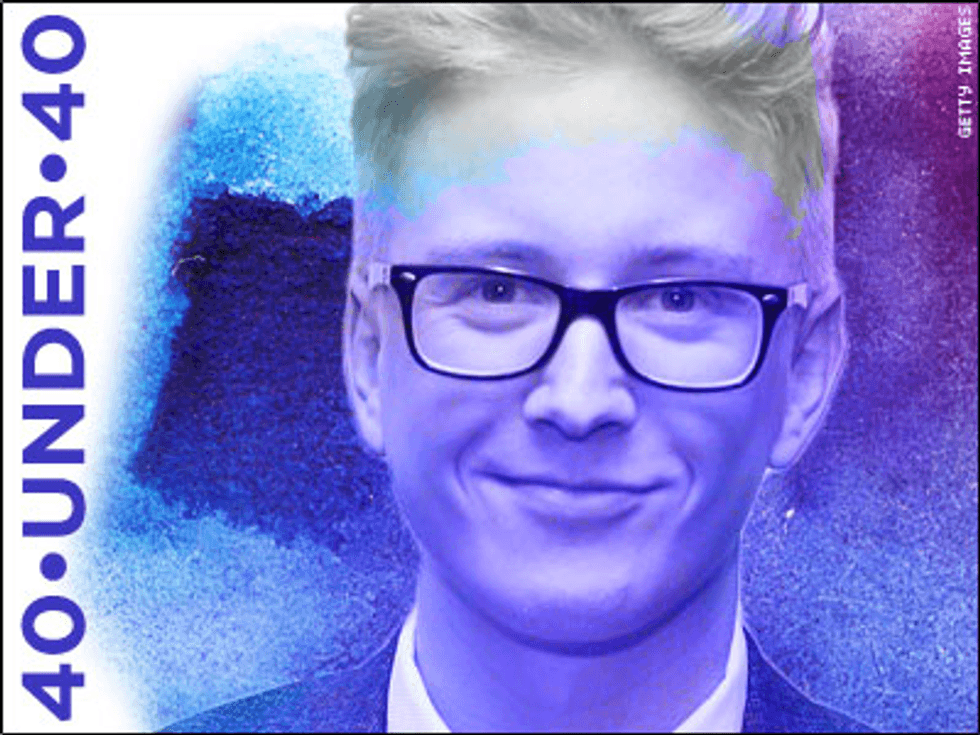 Tyler Oakley: Clearly, I believe in the Trevor Project. But specifically, I believe in the Youth Advisory Council that they have. Every year I think they have 20 kids come out to L.A. And they're kind of beacons of hope throughout the country of youth doing amazing, powerful things in their own communities. But I would love to somehow expand that. So I think part of the money would go to that, just so it's an even bigger thing of getting more people involved. Because you live in L.A. or you live in San Francisco and it's kind of a bubble, you don't really see the people who are in small-town communities or in high schools and what they're actually going through. So to give those people more of a platform and more resources to do good in their own communities, and more people, because there's just 20 of them, that would be a really important thing to me.
Tyler Oakley: Clearly, I believe in the Trevor Project. But specifically, I believe in the Youth Advisory Council that they have. Every year I think they have 20 kids come out to L.A. And they're kind of beacons of hope throughout the country of youth doing amazing, powerful things in their own communities. But I would love to somehow expand that. So I think part of the money would go to that, just so it's an even bigger thing of getting more people involved. Because you live in L.A. or you live in San Francisco and it's kind of a bubble, you don't really see the people who are in small-town communities or in high schools and what they're actually going through. So to give those people more of a platform and more resources to do good in their own communities, and more people, because there's just 20 of them, that would be a really important thing to me.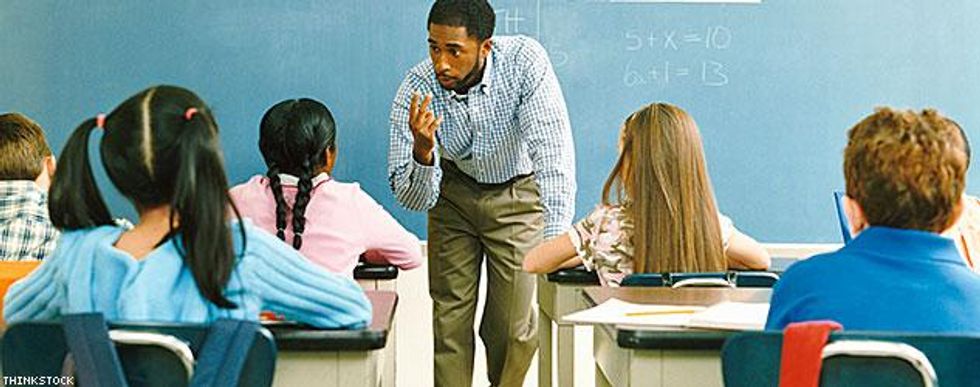
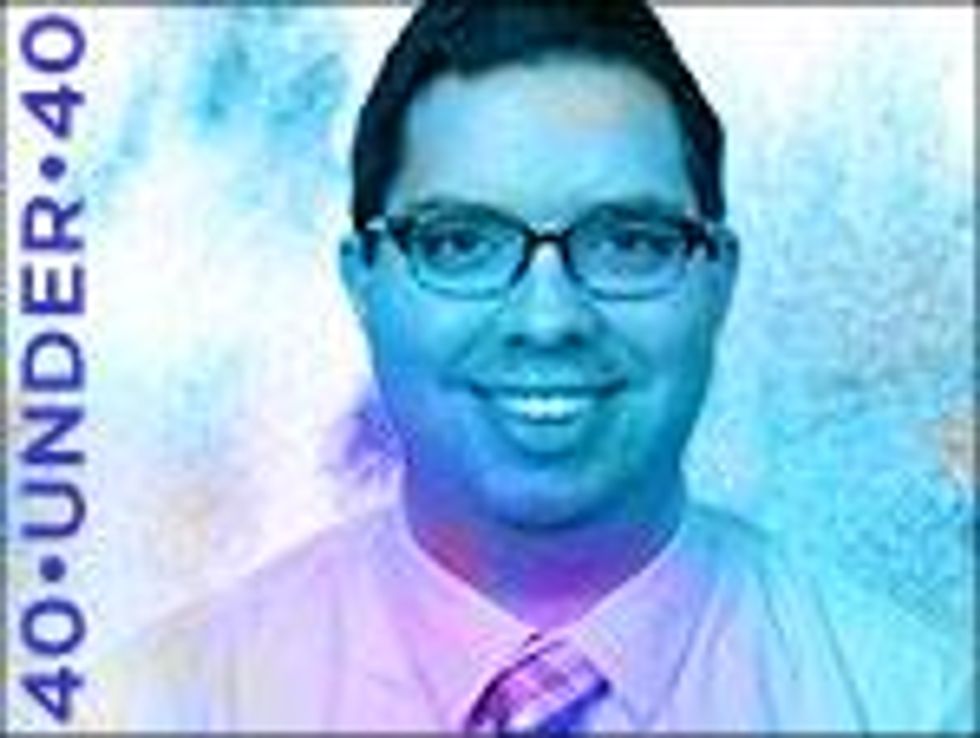 Zack Ford: I'd find a way to distribute it to teachers and schools in need. They work super-hard and can make a huge difference in kids' lives, but they are so poorly appreciated and compensated across this country.
Zack Ford: I'd find a way to distribute it to teachers and schools in need. They work super-hard and can make a huge difference in kids' lives, but they are so poorly appreciated and compensated across this country.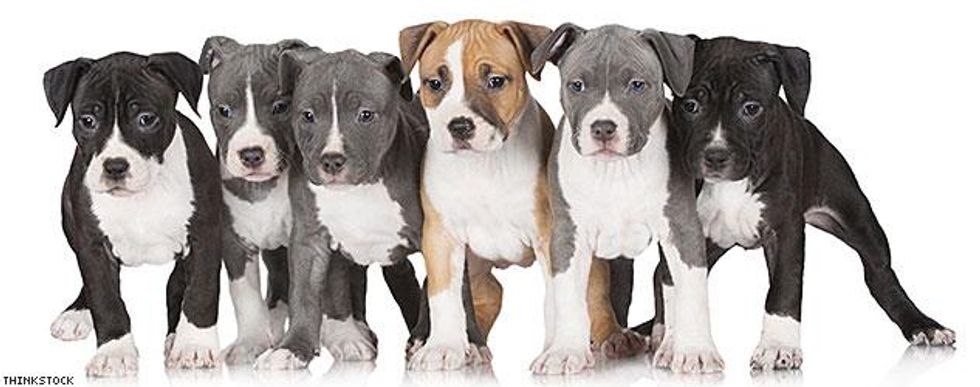

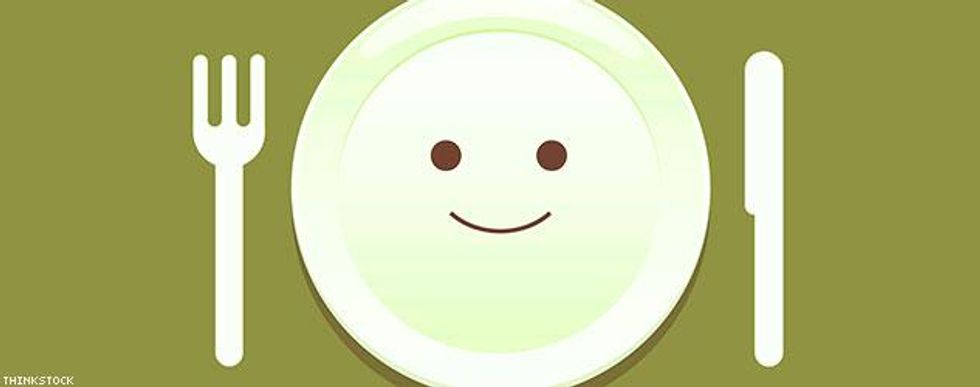
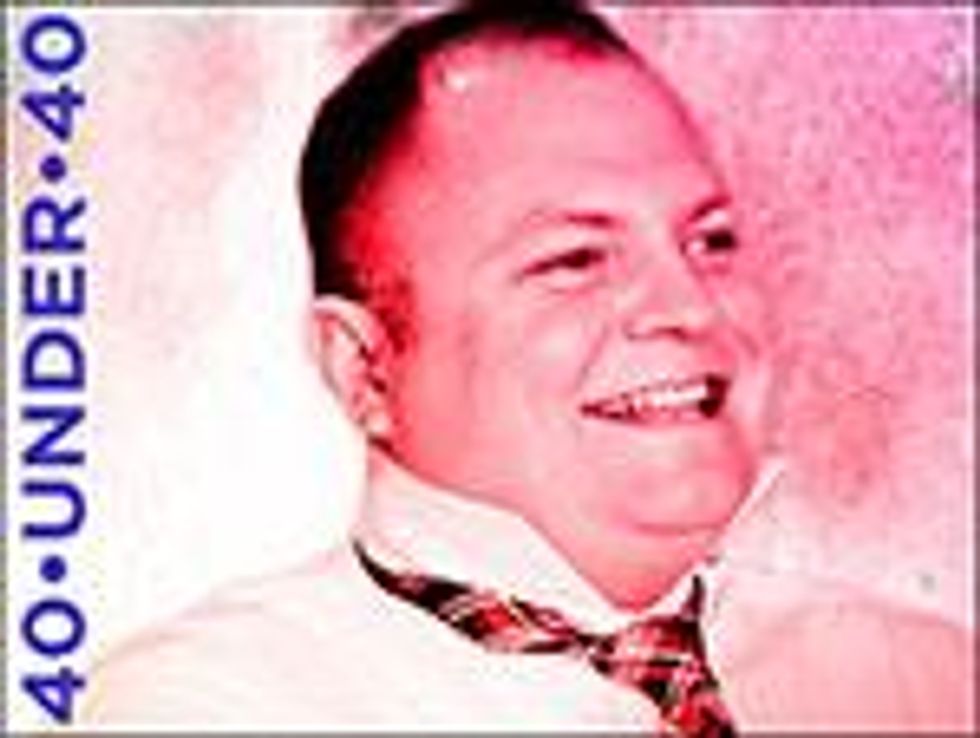 Richard Carlbom: I would spend half on finishing the fight for the freedom to marry nationwide and I would spend the other half providing meals and support to people with HIV and AIDS.
Richard Carlbom: I would spend half on finishing the fight for the freedom to marry nationwide and I would spend the other half providing meals and support to people with HIV and AIDS.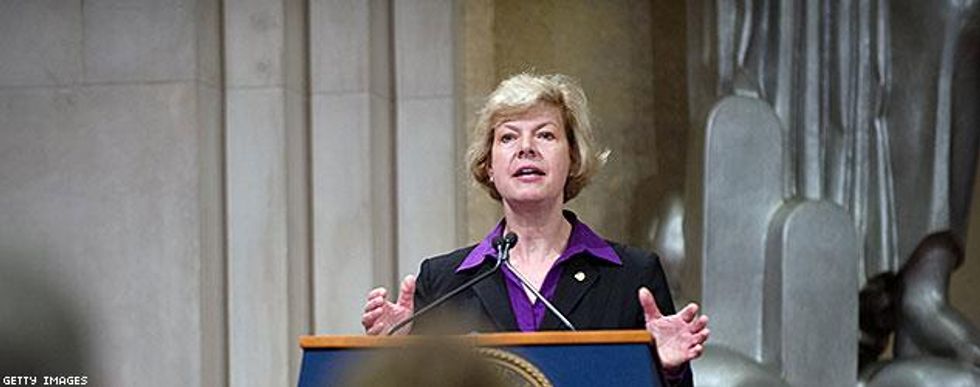
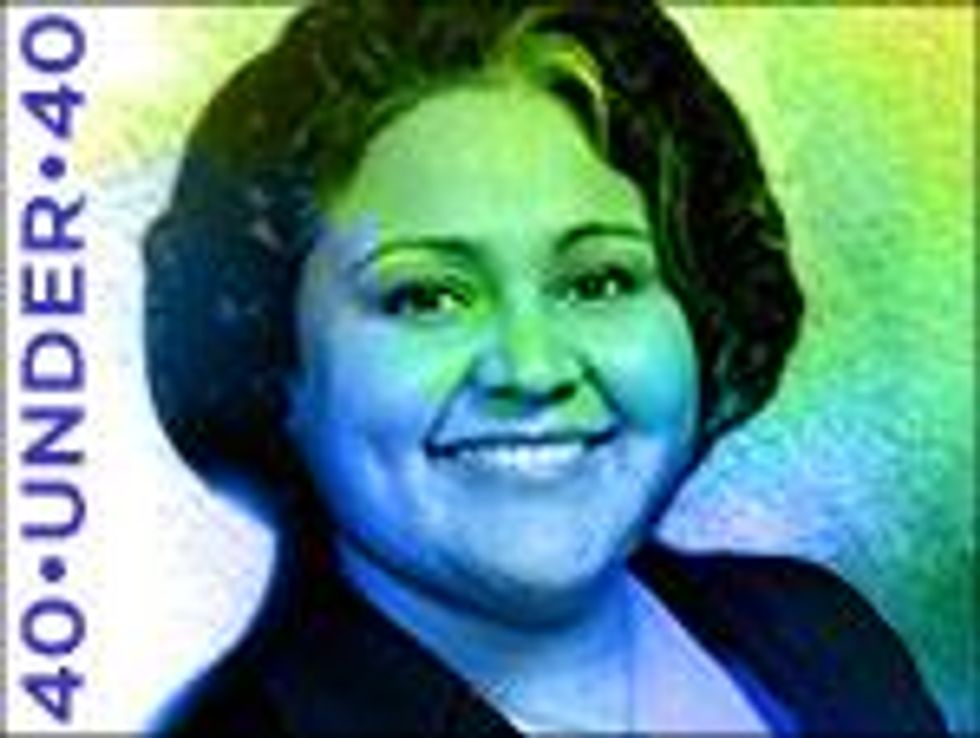 JoCasta Zamarripa: I would certainly make donations to many of the most progressive elected officials I could think of [including Wisconsin's Tammy Baldwin, Mark Pocan, and Gwen Moore]. I'd give a big chunk to the Reproductive Justice Collective, which educates women of color on reproductive rights. And Planned Parenthood of Wisconsin.
JoCasta Zamarripa: I would certainly make donations to many of the most progressive elected officials I could think of [including Wisconsin's Tammy Baldwin, Mark Pocan, and Gwen Moore]. I'd give a big chunk to the Reproductive Justice Collective, which educates women of color on reproductive rights. And Planned Parenthood of Wisconsin.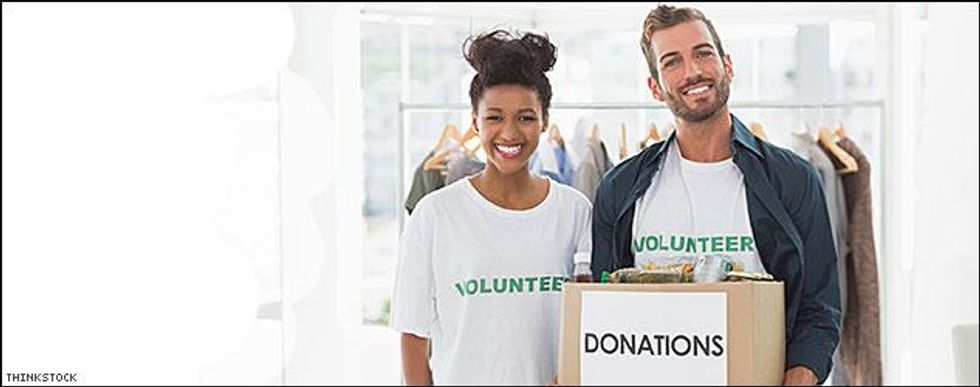
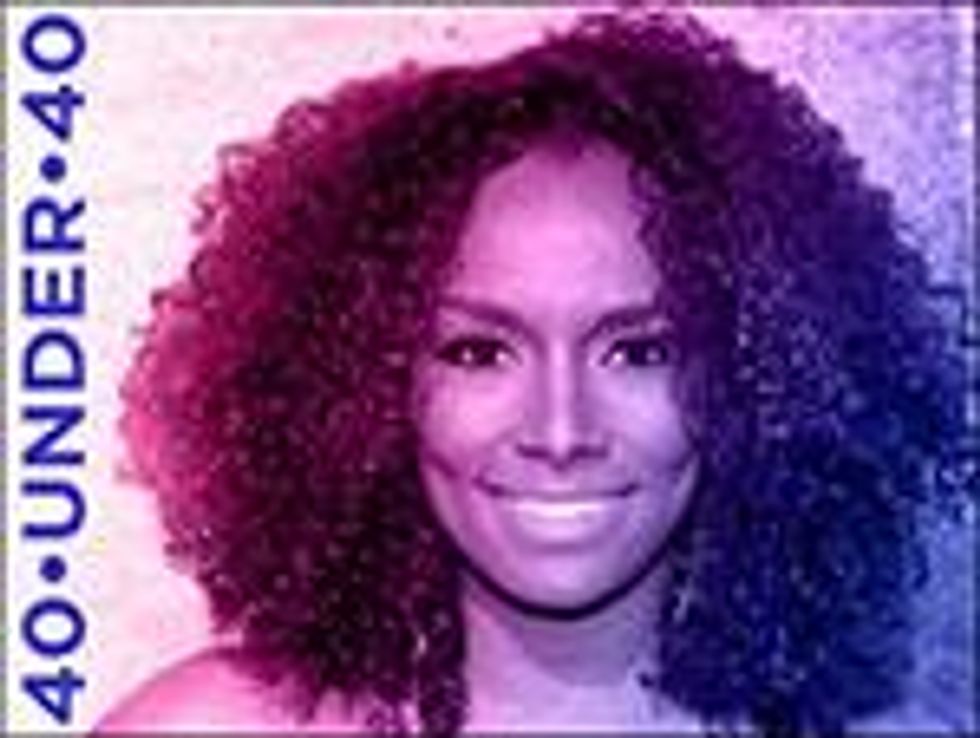
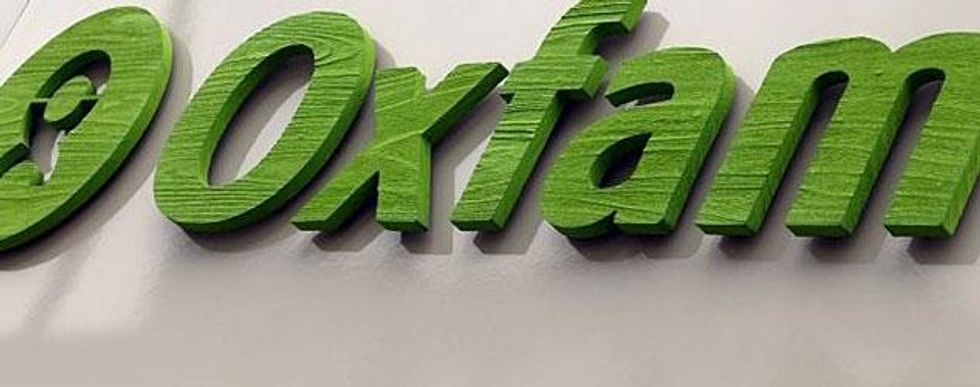
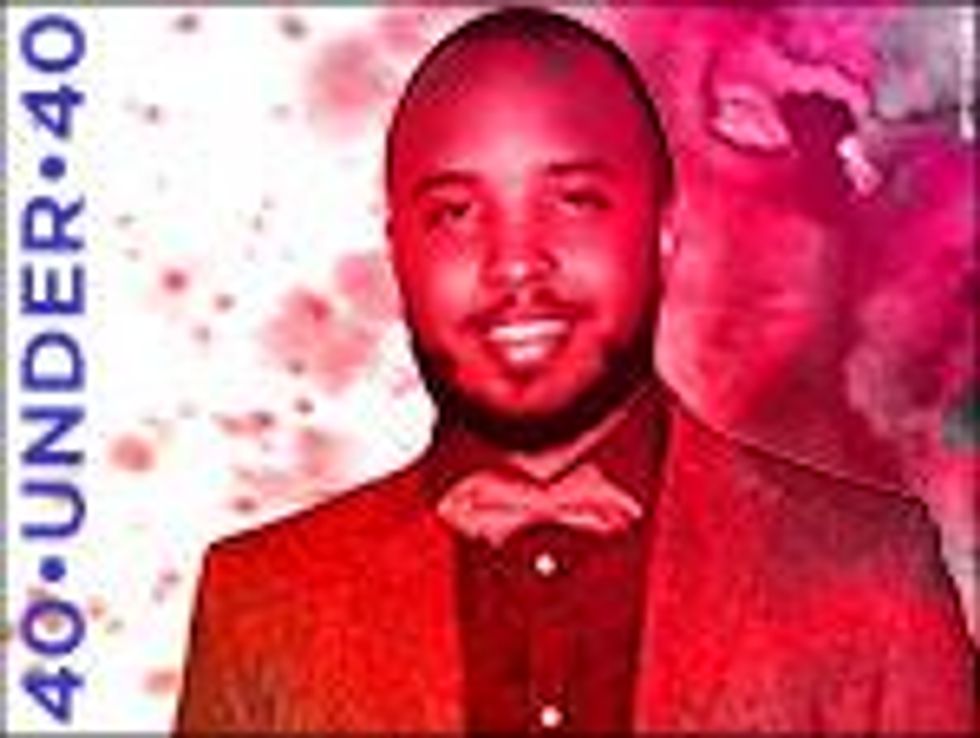 Justin Simien: OxFam [and programs that fight] HIV and AIDS, particularly in Africa.
Justin Simien: OxFam [and programs that fight] HIV and AIDS, particularly in Africa.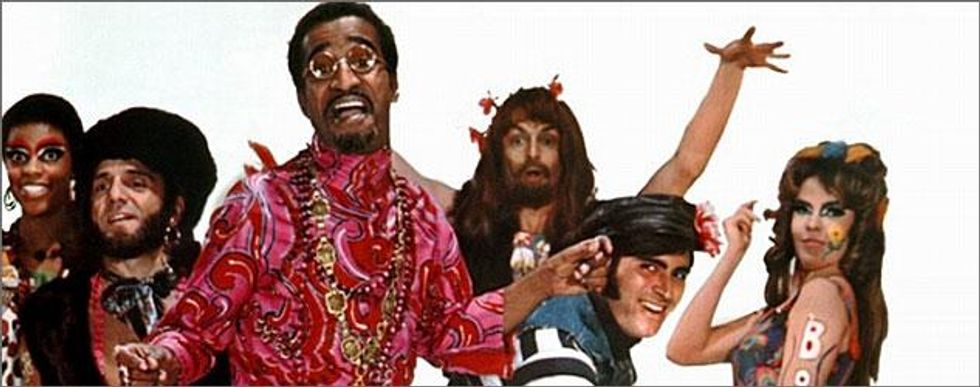
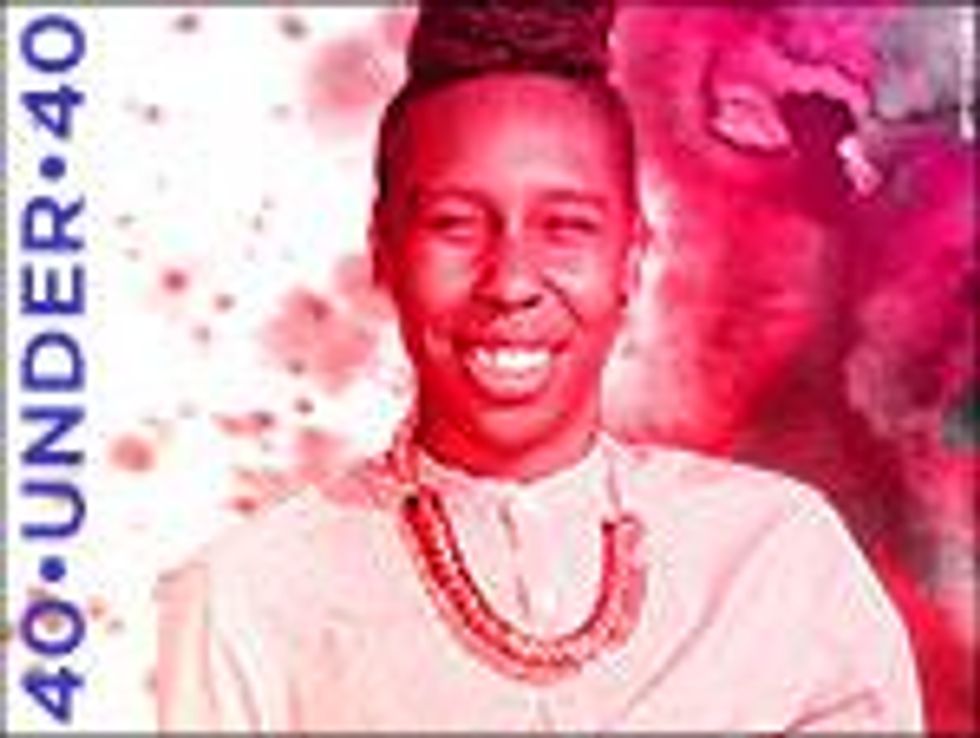 Lena Waithe: I would donate it to a school, probably in the inner city, and help pay for kids to go see classic films -- because for our children, it's important that they see great cinema, movies like Casablanca, Carmen, movies with Sammy Davis Jr. Nowadays they don't really get that. Seeing classic cinema and great film is what got me dreaming. It was a window into a world that I couldn't go to, because I didn't have money to do that.
Lena Waithe: I would donate it to a school, probably in the inner city, and help pay for kids to go see classic films -- because for our children, it's important that they see great cinema, movies like Casablanca, Carmen, movies with Sammy Davis Jr. Nowadays they don't really get that. Seeing classic cinema and great film is what got me dreaming. It was a window into a world that I couldn't go to, because I didn't have money to do that.
 B. Scott: I would use the money to set up a scholarship at my alma mater, the University of North Carolina at Chapel Hill, for LGBT and minority students.
B. Scott: I would use the money to set up a scholarship at my alma mater, the University of North Carolina at Chapel Hill, for LGBT and minority students.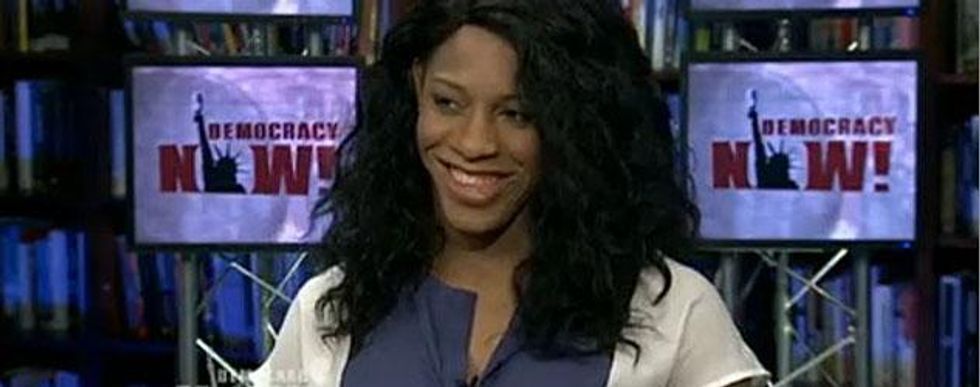
 Calvin Stowell: I would love to give funding to [a project like] the CeCe McDonald documentary. It's so hard for them to raise money, because it's not "sexy." You talk about right for black trans women -- there's no one throwing money behind that right now. I would love to throw it at someone who is doing great things and telling great stories ... anything that could reach a broad audience.
Calvin Stowell: I would love to give funding to [a project like] the CeCe McDonald documentary. It's so hard for them to raise money, because it's not "sexy." You talk about right for black trans women -- there's no one throwing money behind that right now. I would love to throw it at someone who is doing great things and telling great stories ... anything that could reach a broad audience.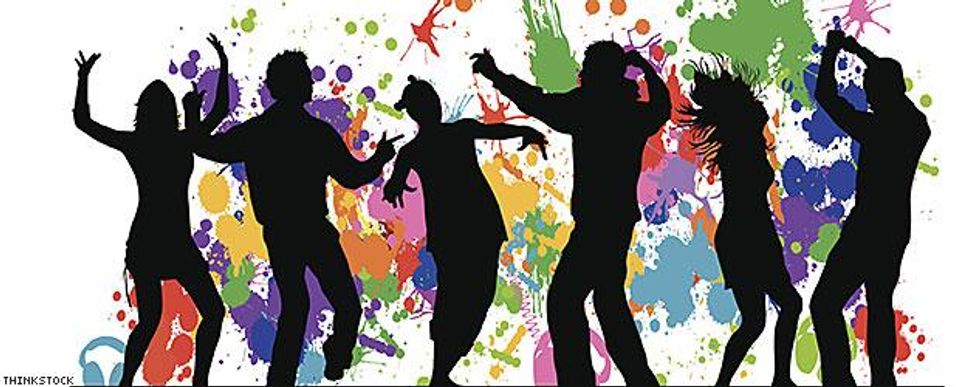
 Cameron Esposito: The answer to that is LGBT youth because I think that Dan Savage's It Gets Better Project made a great point, which is how often LGBT adults are disconnected from LGBT youth. There are so many kids that are in crisis, that are homeless, that need help. There are so many great organizations that do those things. So let's find those organizations. I don't have a million dollars, but there are probably readers who have a million dollars. Get out there and donate it.
Cameron Esposito: The answer to that is LGBT youth because I think that Dan Savage's It Gets Better Project made a great point, which is how often LGBT adults are disconnected from LGBT youth. There are so many kids that are in crisis, that are homeless, that need help. There are so many great organizations that do those things. So let's find those organizations. I don't have a million dollars, but there are probably readers who have a million dollars. Get out there and donate it.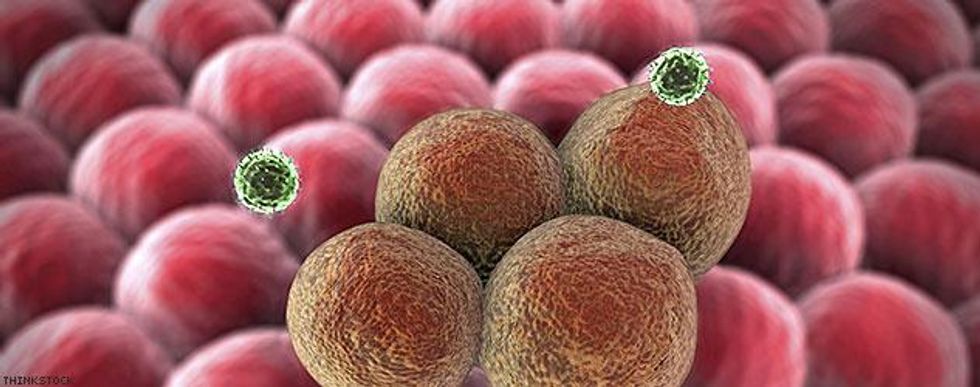
 Jack Andraka: I would have to split it up several ways. I'd allocate half of it to go towards cancer-related research, particularly pancreatic cancer research because I'd like to see the field develop more and there's a lack of funding. Then I would send 25 percent of it to National Geographic, just because I think they're doing super amazing work. Then I'd have the rest go toward LGBT education.
Jack Andraka: I would have to split it up several ways. I'd allocate half of it to go towards cancer-related research, particularly pancreatic cancer research because I'd like to see the field develop more and there's a lack of funding. Then I would send 25 percent of it to National Geographic, just because I think they're doing super amazing work. Then I'd have the rest go toward LGBT education.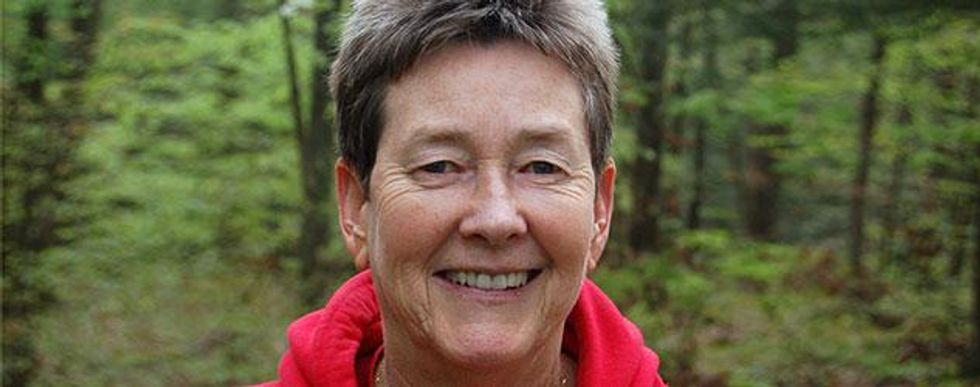
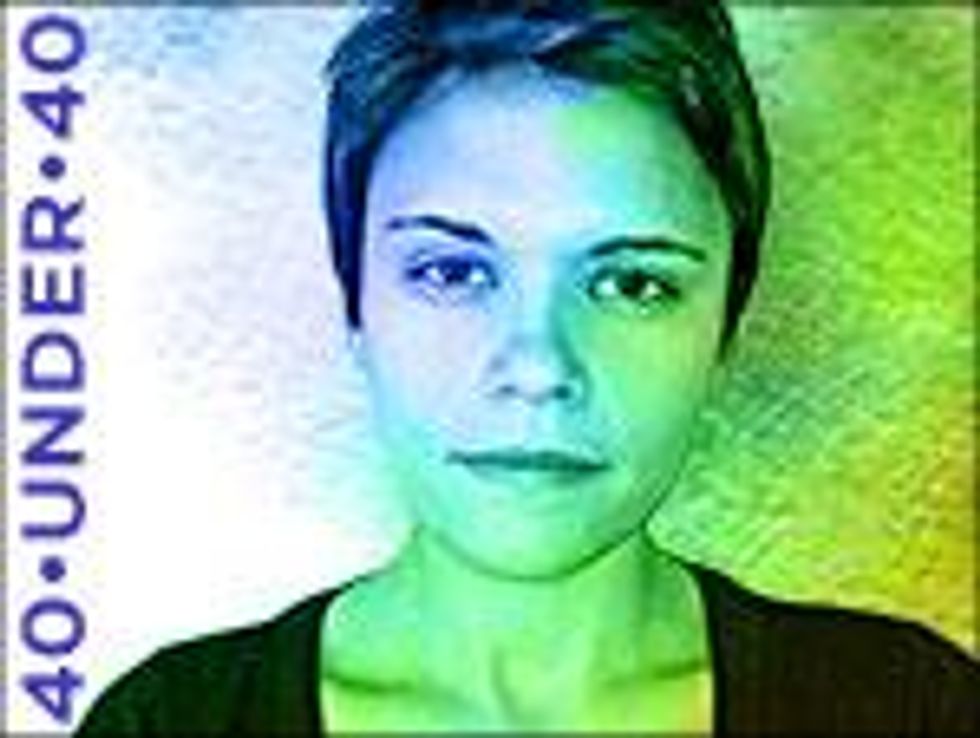 Kate Fagan: I think I would give it to Pat Griffin [founding director of GLSEN's Changing the Game project and longtime LGBT sports advocate] and let her decide. She would do the right things with it. There are so many places to give money where there's politics involved, and you don't know what they're going to do with that money. I have faith Pat will know exactly who needs that money the most.
Kate Fagan: I think I would give it to Pat Griffin [founding director of GLSEN's Changing the Game project and longtime LGBT sports advocate] and let her decide. She would do the right things with it. There are so many places to give money where there's politics involved, and you don't know what they're going to do with that money. I have faith Pat will know exactly who needs that money the most.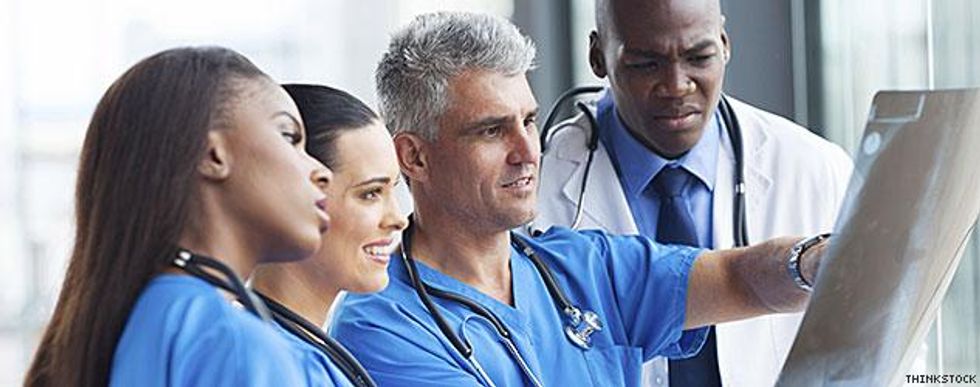
 Carmen Carrera: I would want to invest in education. ... I would love ... to fund a project that would create educational programs for college students about trans people, the medical side of it, the psychology behind it, just to have a better understand either for trans people or people who work in the medical field. ... There aren't enough people focused on the medical side of transitioning and understanding what we go through in our head.
Carmen Carrera: I would want to invest in education. ... I would love ... to fund a project that would create educational programs for college students about trans people, the medical side of it, the psychology behind it, just to have a better understand either for trans people or people who work in the medical field. ... There aren't enough people focused on the medical side of transitioning and understanding what we go through in our head.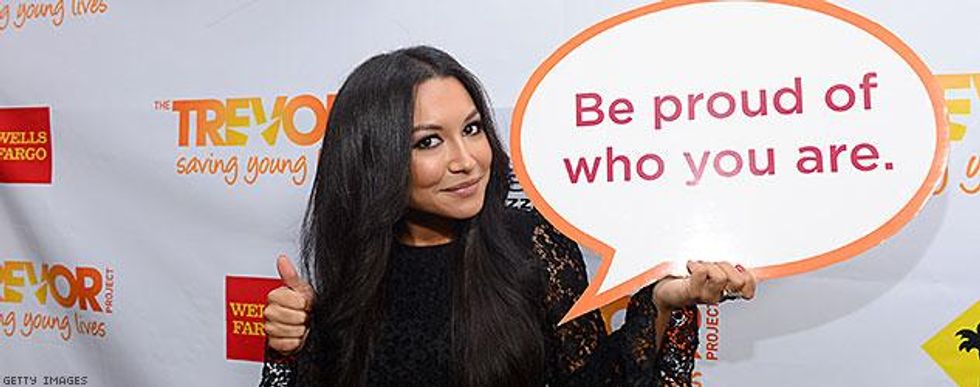
 Bria & Chrissy: Saving lives and the Trevor Project. ... It's a very similar audience that reaches out to Trevor that reaches out to us. They're the place that we've turned to the most with our audience and the people that we encourage our audience to turn to. So that's the place where we would want to give back to the most.
Bria & Chrissy: Saving lives and the Trevor Project. ... It's a very similar audience that reaches out to Trevor that reaches out to us. They're the place that we've turned to the most with our audience and the people that we encourage our audience to turn to. So that's the place where we would want to give back to the most.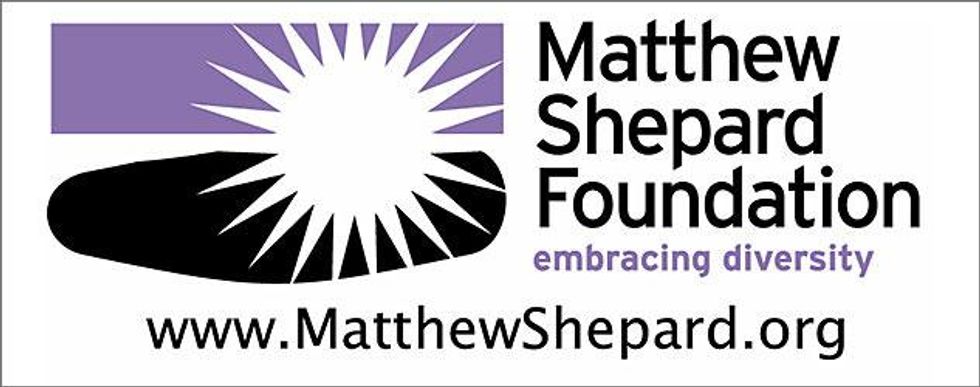
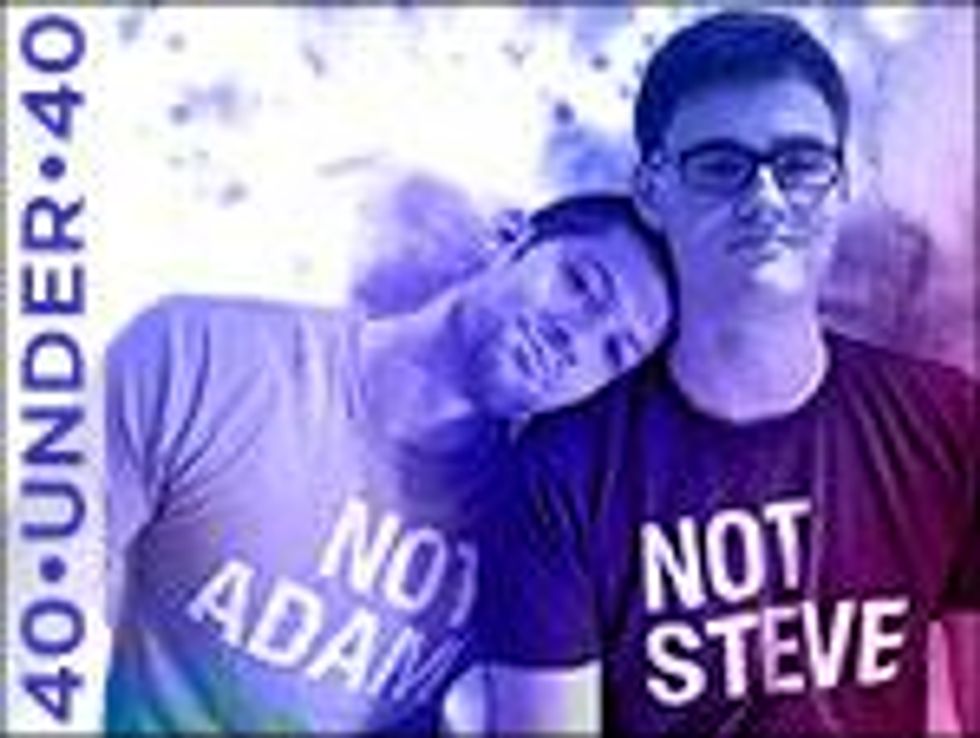 RJ & Will: We would divvy it up between the Trevor Project, the Matthew Shepherd Foundation, and It Gets Better.
RJ & Will: We would divvy it up between the Trevor Project, the Matthew Shepherd Foundation, and It Gets Better.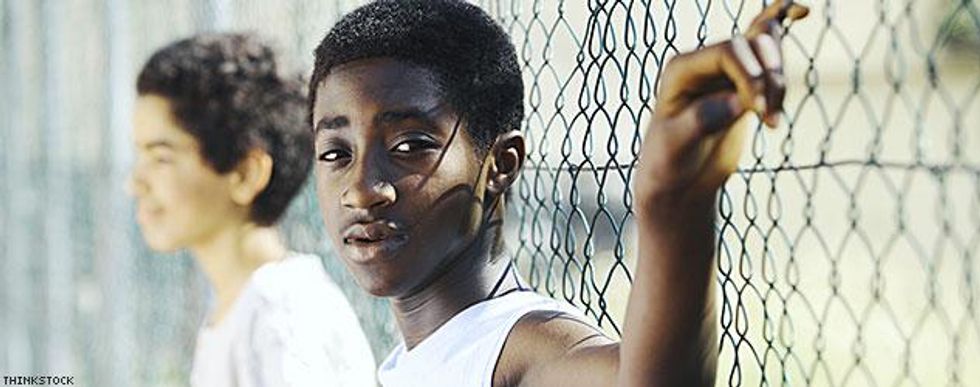
 Kimberley McLeod: Youth. I think our young people deserve a seat at the table with these decisions in just crafting what the "LGBT agenda" looks like. There's the Black Youth Project. As far as them shaping the national conversations -- not just around racial justice, but also intersectionality and LGBT equality -- they're just so brilliant. They're working to make sure they empower our youth, and getting them access to the decision-makers and encouraging them to seek places of power.
Kimberley McLeod: Youth. I think our young people deserve a seat at the table with these decisions in just crafting what the "LGBT agenda" looks like. There's the Black Youth Project. As far as them shaping the national conversations -- not just around racial justice, but also intersectionality and LGBT equality -- they're just so brilliant. They're working to make sure they empower our youth, and getting them access to the decision-makers and encouraging them to seek places of power.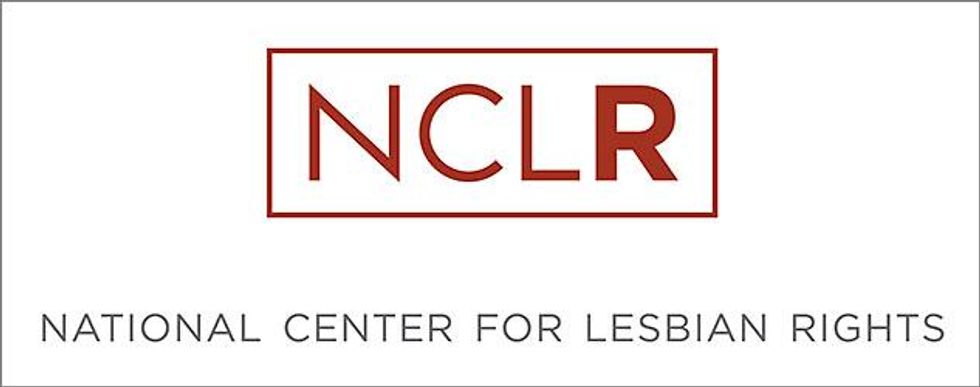
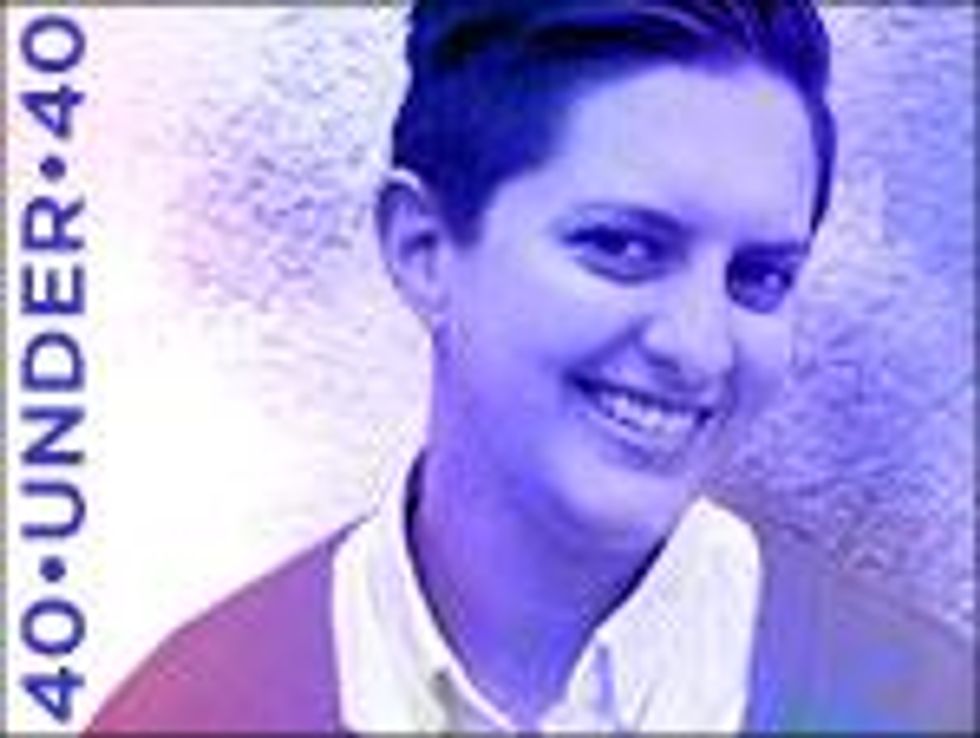 Erica Anderson: National Center for Lesbian Rights and a group of nonprofits that give kids who identify as LGBT opportunities to build confidence and community.
Erica Anderson: National Center for Lesbian Rights and a group of nonprofits that give kids who identify as LGBT opportunities to build confidence and community. 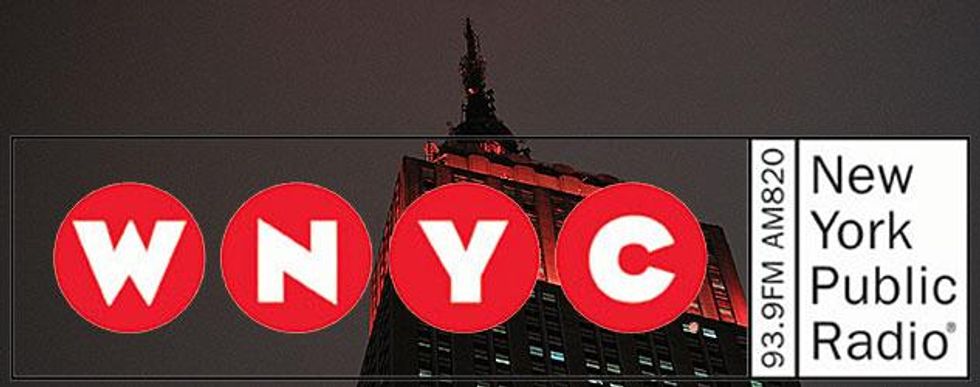
 Jeremy Hooper: I really only have two addictions at this point in life: coffee and public radio. Starbucks doesn't seem to need the cash, so I'll have to give it to WNYC.
Jeremy Hooper: I really only have two addictions at this point in life: coffee and public radio. Starbucks doesn't seem to need the cash, so I'll have to give it to WNYC.

































































Charlie Kirk DID say stoning gay people was the 'perfect law' — and these other heinous quotes